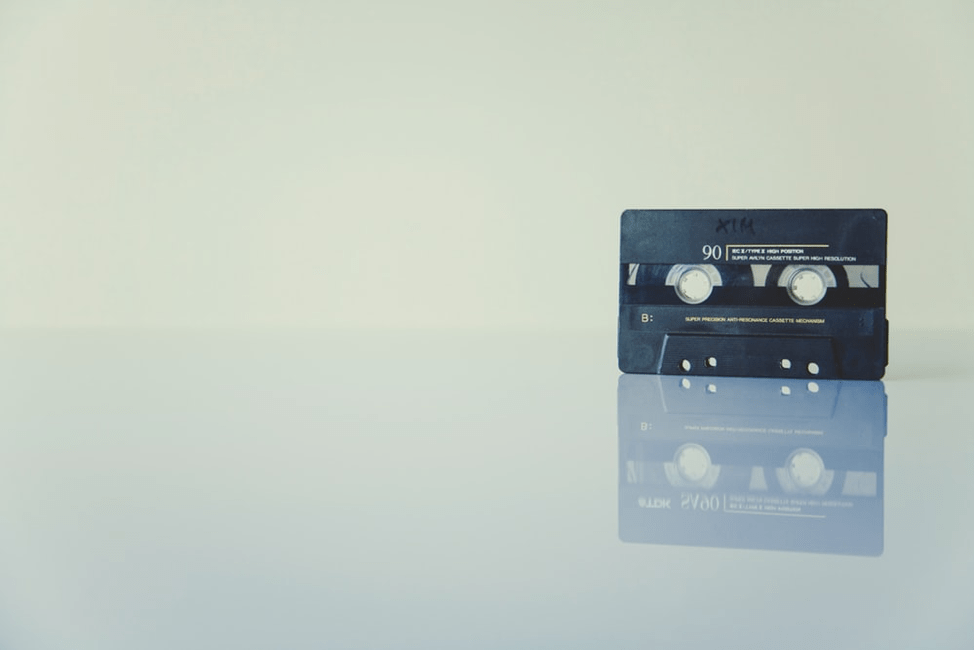Sound Reproduction as a Politics of Life
Delia Casadei
Music
UC Berkeley
Life, and gendered and racialized ideologies of its reproduction, has formed complex alliances with sound reproduction technologies over more than a century. What are the political, aural, and musical consequences of these alliances? Over the past two decades, scholars working in Sound studies have critically reframed sound reproduction and its ideologies, such as the dichotomy between a copy and the original sound event, the conception of sound recording as a form of secondary orality, and discourses that privilege “liveness” and “high-fidelity” sound recordings. Such ideologies are linked with the enduring idea that listening gives one privileged access to forms of life as well as forms of death. Yet, the jargon of sound recording technology—”masters” and “matrices,” “fidelity,” and sound reproduction itself—has also long implied a discourse of sexual reproduction which has thus far not been investigated for its biopolitical connotations. This interdisciplinary gathering of scholars aims to pose a new set of questions about the history of sound recording. What form of life is sound equivalent to, such that its reproduction has often been framed as a form of degeneration, if not death? What kind of reproductive body is figured in and through forms of recording technology, and inscription more broadly?


